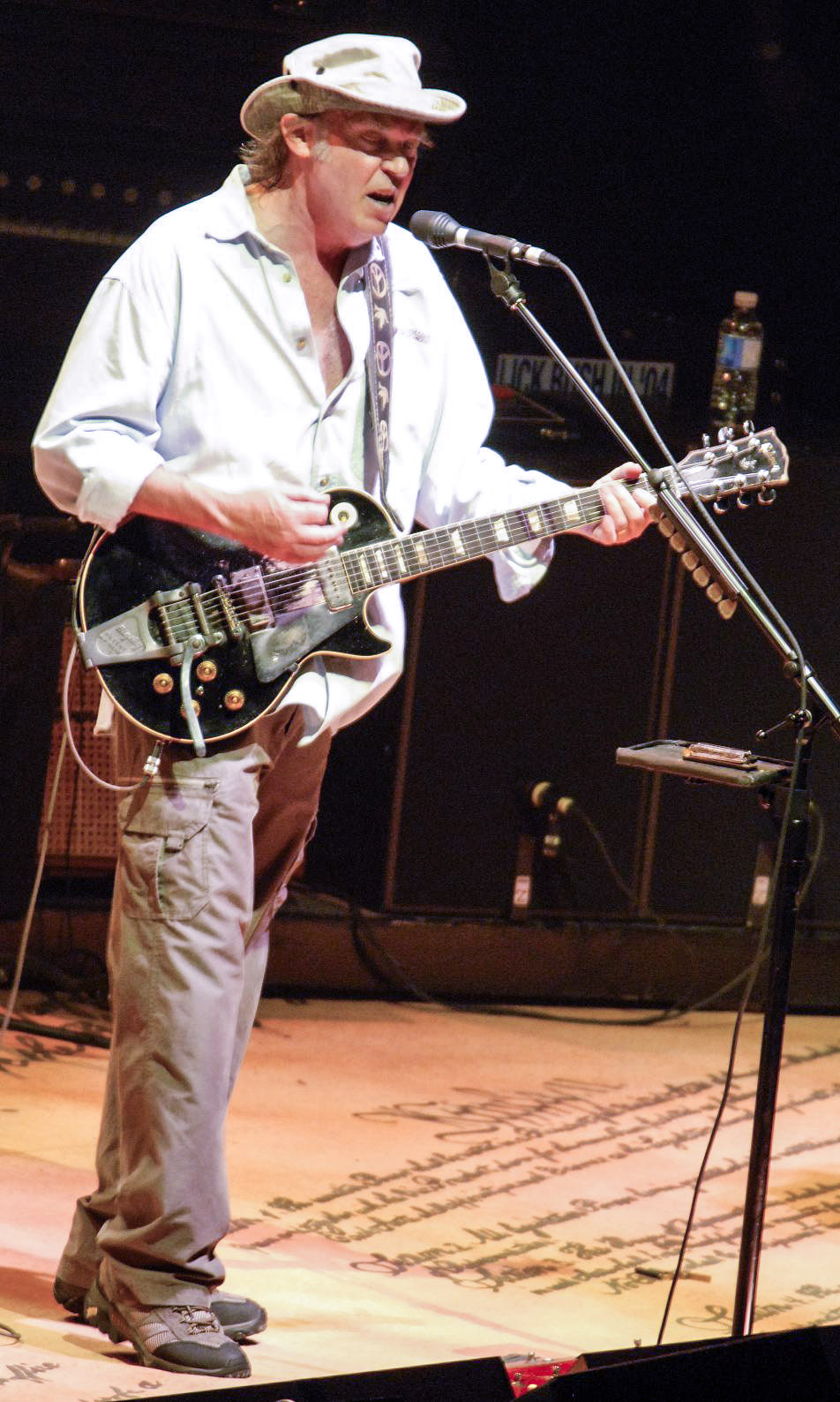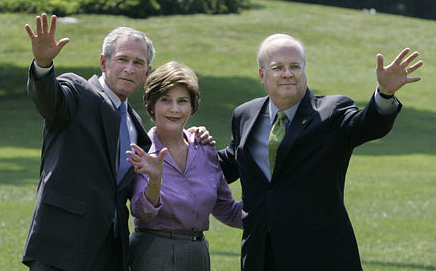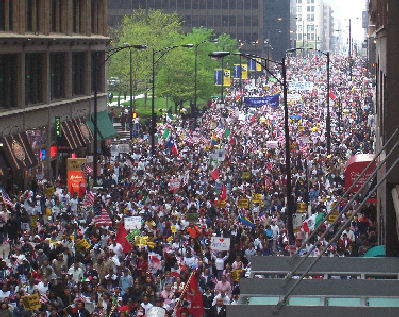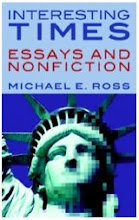It seems the President of the United States, whose DNA is seemingly hard-wired for conversational swagger and braggadocio, apparently has a more circumspect dimension. It was briefly evident on Thursday when the president spoke at a joint news conference with British Prime Minister Tony Blair. The thrust of the joint appearance was to shore up public support for the war in Iraq and to explain once again the need for staying the course in the conflict, regardless of the cost to each nation's respective treasury and global standing.
In the rough-and-tumble of the obligatory Q & A with the Washington press, President Bush was asked, once again, if there were anything, any actions or statements, that he regretted in the way he helped the United States prosecute the Iraq war.
Regrets? He's had a few, and for the first time, in a burst of candor and self-assessment uncommon for the commander-in-chief, Bush laid them out in public.
 Bush admitted that some of his more ineloquent phrases -- including the infamous "Bring 'em on," uttered in July 2003 were "kind of tough talk, you know, that sent the wrong signal to people."
Bush admitted that some of his more ineloquent phrases -- including the infamous "Bring 'em on," uttered in July 2003 were "kind of tough talk, you know, that sent the wrong signal to people.""I learned," said our newly-discovered empath-in-chief, "some lessons about expressing myself maybe in a little more sophisticated manner, you know. 'Wanted, dead or alive,' that kind of talk. I think in certain parts of the world it was misinterpreted."
Almost as soon as Bush had expressed his feelings -- the closest thing to a mea culpa for his trademark cowboy rhetoric we've heard from this president -- the bloggers and mandarins of talk radio weighed in. Some of the more strident conservative voices jumped into the debate with less than complimentary reaction.
"Sad day in Crawford, they're hanging their heads," said William Bennett, former education secretary, values czar and once-rabid gambling enthusiast. "One of the attractive things about the president is that he talks Texas," Bennett said to the New York Times' Elizabeth Bumiller. "But what broke my heart is when he said, 'I need to be more sophisticated.' What is this, Kerry talk? Is he going to use the word 'elan' the next time he speaks?"
Bennett told Bumiller that many of the listeners on his call-in radio show expressed a similar distaste for "what they considered the president's groveling."
The reactions of at least some conservatives begs the question of why, apparently, circumspection and consideration for others aren't thought of as worthwhile values. Why, when the president admits his own human frailty, is it seen as weakness rather than strength? Aren't reflection and honesty with oneself to be found in your Book of Virtues, Mr. Bennett?
The dissatisfaction that conservatives have lately developed for President Bush may be a hopeful sign for the rest of a presidency lagging badly in the opinion polls. It's unlikely in the extreme that George Bush will morph into a liberal any time between now and 2009, when his gig is over.
But Bush's comments on Thursday suggest at least a willingness to retire some of the language powering the cowboy aspect of America's foreign policy. The fact that his shrinking base finds conciliatory language to be a problem may be a hopeful sign for the rest of the country, a country hungry for both a leader, and a foreign policy, they can again be proud of.
-----
Image credit: Shawn Clark, Lazyeights Photography, (permission to use granted under GNU Free Documentation License, v1.2)












